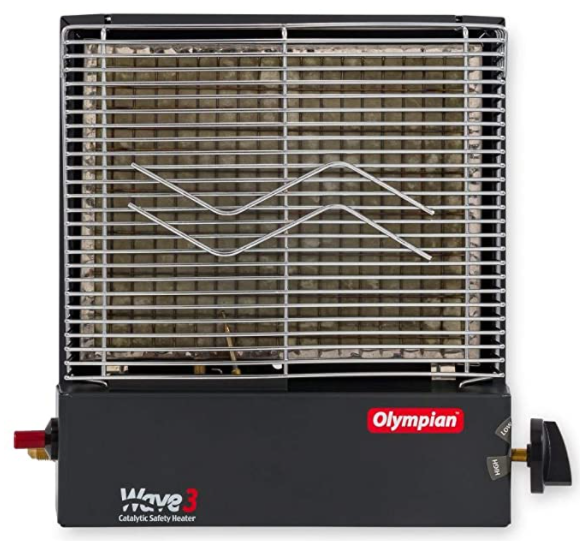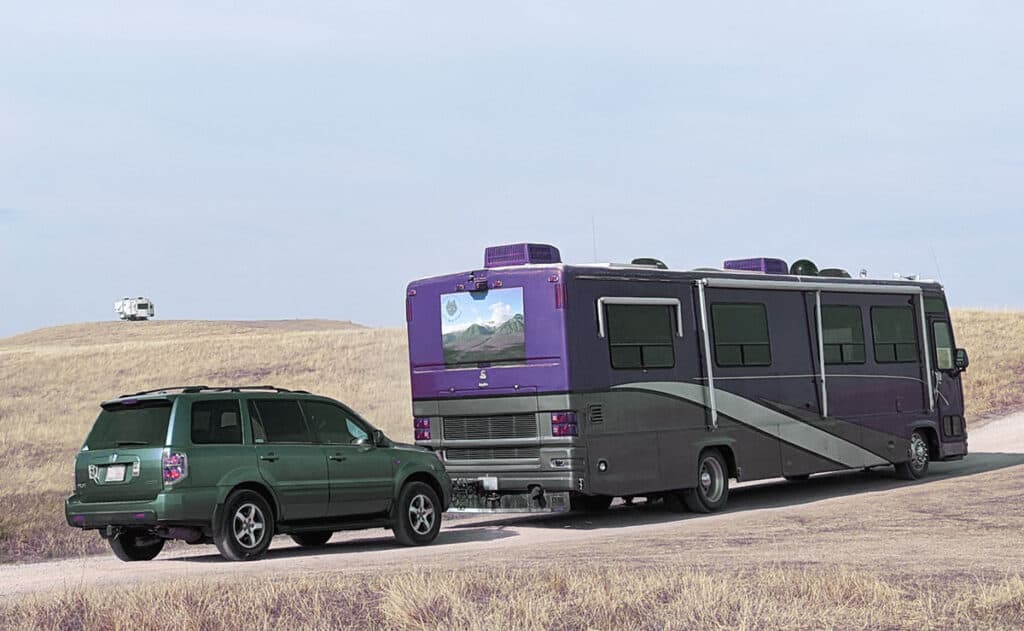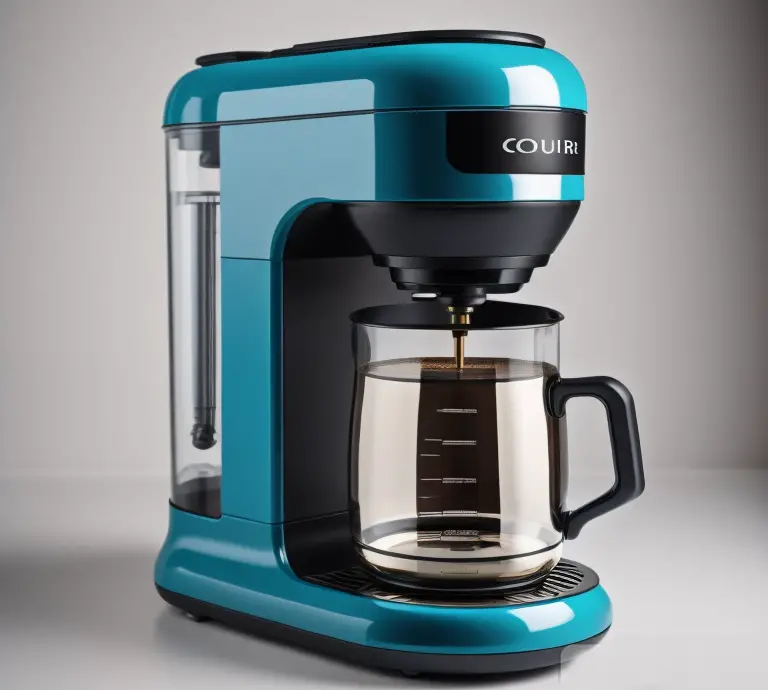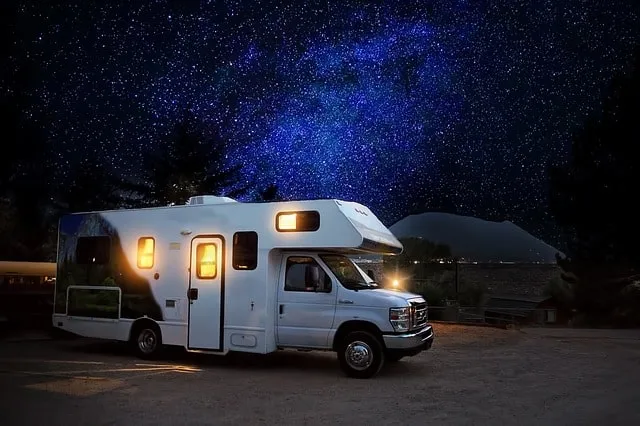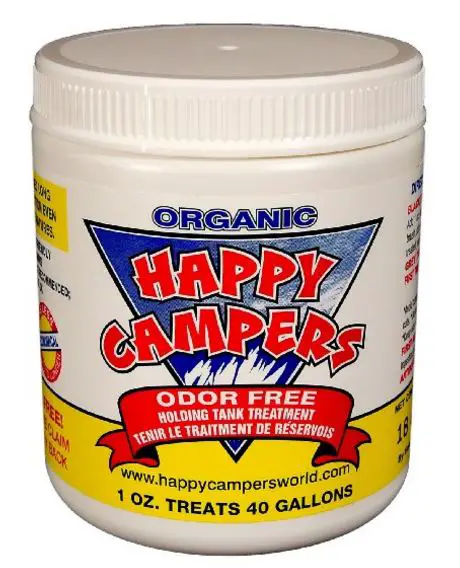Last Updated on March 6, 2024
Key Takeaways:
- Winter RV Living: When spending winters in RVs, especially in colder climates, having a reliable heating source is essential for comfort and safety.
- Heating Options: Consider using small ceramic heaters or propane radiant heaters to keep your RV warm during chilly evenings. Choose a heater that suits your preferences, space availability, and budget.
- Benefits of RV Heaters:
- Energy efficiency: RV heaters are convenient and energy-efficient, ideal for use with electric hook-ups.
- Durability: RV heaters are built to last, making them cost-efficient options for long-term use.
- Space Consideration: Choose a heater that fits well in your RV space and provides sufficient ventilation to avoid overheating.
- Maintenance Tips:
- Unplug electric heaters when not in use to prevent overheating.
- Clean heaters with a damp cloth to remove dust and dirt, avoiding water to prevent damage.
- Consider purchasing a cover to prevent dust accumulation and protect against small animals.
- Space Heater Options:
- Lasko 754200 Ceramic Heater: Affordable, portable, and equipped with safety features like overheat protection.
- Pelonis Tower Ceramic Heater: Reliable, compact, and quick to heat up, with a unique tower design.
- Camco Olympian RV Wave-3 LP Gas Catalytic Safety Heater: Efficient propane heater with radiant heat, ideal for small RVs.
- Mr. Heater Buddy Indoor-Safe Portable Propane Radiant Heater: Affordable option with safety features like tip-over shut-off and oxygen depletion sensor.
- Caframo Limited True North Space Heater: Versatile electric heater with multiple heat settings and dual overheat protection.
- Heater Safety Tips:
- Ensure your electrical system can handle the load of the heater.
- Provide proper ventilation, especially when using propane or kerosene heaters in enclosed spaces.
- Be cautious of carbon monoxide build-up and keep heaters out of reach of pets and children.
- Regularly check heaters for proper functioning and stop using them if any issues arise.
When you are full-time, you will hit winter sooner or later. My friends and I usually spend our winter in AZ, NV, or CA for warmer climates. Even though I sleep with multiple blankets and don’t usually need a heater for the night, I still need something to keep me warm during the evenings. I sometimes have electric hook-up, so instead of running my propane furnace, I use small ceramic heaters. Other times, I just now use my Wave propane radiant heater. I personally love it.
This expensive heater is the best small RV space heater and is worth every penny. It’s way more efficient than other types of propane heaters. The RV furnace is the worst! I have a small 1-gallon propane tank I connect it with and use it to heat my rig during the evenings, I just have to make sure I have enough ventilation. While you don’t have to get yourself the same heater as I use. At the end of the day, it all boils down to personal preferences, space availability, and budget.
All you have to do is get yourself an RV heater that suits you. RV heaters are very convenient since they are very good in energy efficiency. You can just plug them into your electric hook-up and be set. Durability is also another advantage that RV heaters have. RV heaters are also very cost-efficient. They’re energy-efficient and affordable, making them very ideal for people who live or stay in RV parks. There are a lot of options to choose from, and there’s bound to be one that suits your needs.
Given that you know how to take care of it, your space heater should last you a very long time.
No products found.
Here are some things that you can do to prolong the life of your RV heater:
If you use an electric heater, unplug the electric cord when it’s not in use. This way, you save power and prevent overheating which could cause damage to your heater if left plugged in for too long. You can use most heaters overnight, but if it’s not freezing cold, consider using more blankets rather than having your heater on. It might seem logical to just leave it running overnight, but even an ordinary space heater could be a fire hazard if left plugged in while you sleep. Make sure you have a fire alarm.
Clean with a damp cloth. When you clean your electric RV heater, unplug the cord and remove any dirt or dust with a damp cloth. DO NOT use water to rinse it down because that could damage the heater’s heating element. If there is stubborn dirt or dust on your electric space heater, just use a vacuum cleaner with soft bristles to brush them off.
Buy a cover for it. Most RV heaters come with a cover, but if yours doesn’t and you feel like getting one is necessary, then go ahead and buy another cover. A cover can prevent dust from accumulating inside your heater and might even keep small animals out of it too.
Space Consideration When Buying RV Heaters
There are some factors that you must consider before purchasing an RV heater. Since space can be quite limited inside RVs, you need to consider how much room your heater will take up. Make sure that the one you’re buying is able to fit in the spot where you want it to be. If there’s not enough clearance under or behind your bed to place your heater, then don’t get that particular model.
The wrong size may also result in overheating, which would damage your heater. This poses a fire hazard, not to mention the possibility of you getting burnt or your RV catching fire. With that in mind, buying a heater with suitable ventilation also plays a crucial role.
If you have full hook-ups and electricity, you can use a small electric heater. If you are boondocking, you will be better off with a propane heater or your furnace. Your furnace wastes so much propane, which is why you might want to think of alternatives.
When using heaters, you have to ensure that your smoke detector works. Place the smoke detector a few feet above your heater. If you’re using propane, make sure to use a small heater with high BTU output.
Bottom line: When looking for a small RV space heater, you want something that’s cost-efficient and easy to run. You also need something that can fit in tight spaces and not take up too much room. It should also be easy to move around and shouldn’t be a fire hazard.
These are the ones I found to have the best reviews.
No products found.
Types of Heaters
There are two different types of RV heaters; radiant heaters and conventional heaters. Radiant heaters work by heating the objects in the room, while convectional heaters work by circulating heat in the surrounding air in the room. Convectional heaters are more common than radiant heaters.
Radiant heaters
Radiant heaters are generally safe to use around children and pets because they don’t emit any hot air. However, make sure that the area is well-ventilated to avoid overheating or fire hazards. When you buy an RV heater, make sure to get one with a tip-over switch. This way, the heater will automatically turn off if it falls over.
Convectional heaters
These are usually recommended for use in RVs because they work similarly to the furnaces found in most homes. They have a fan that blows air over a heating element. The air will be heated, become lighter, and rise up to the ceiling while some of it falls back down again. This cycle repeats until all the air in the room has been circulated.
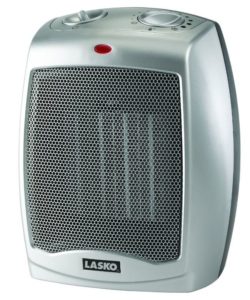
 The Lasko 754200 ceramic Heater
The Lasko 754200 ceramic Heater
This is the most affordable yet effective RV heater. If you are interested in an RV heater that won’t cost you much, this is the right choice. The Lasko 754200 ceramic Heater produces enough heating of around 120 volts. It has a 900-1500 watt setting. One of the best characteristics of heaters is that it is built to last. It is also very portable due to its lightweight make and small size. This ceramic heater is equipped with protective features to increase safety. You can also enjoy the luxury of regulating the heat simply by choosing either of the manual controls; high heat, low heat, or fan only. Maintenance is something you do not have to worry about; it requires little of that. This is what I used to have. I run this all evening and even during the night sometimes when I had electric hook-ups.
What I like about it:
- Affordable: It is the most affordable heater on the market.
- Portable: This unit has a small size and weight, making it easy to transport from one place to another.
- Security: It is equipped with overheat protection for the safety of users.
- Lightweight: The Lasko 754200 Ceramic Heater does not require heavy lifting.
- Long warranty: The Lasko 754200 Ceramic Heater comes with a 5-year limited warranty. This shows how confident the manufacturer is about its quality and durability.
- Manual Mode: Can be operated in manual mode with the option of high heat, low heat, and fan only.
- Protective Features: It comes with protective features such as a tip-over switch and overheat protection for enhanced safety.
- Easy Maintenance: This doesn’t require much effort or expense for upkeep.
Con(s):
- Not suitable for large RVs
- Not good for more than one person
 The Pelonis Tower Ceramic heater
The Pelonis Tower Ceramic heater
The Pelonis ceramic tower heater maintains a towering look that is unique as compared to the other RV heaters. It has one hundred percent reliability with original features which strike as back as the 1980s. The heating levels surpass the modern designed RV heaters due to tower![]() designs. Its lightweight and compactness make it very portable. It offers a high watt range and quickly heats up to 70 degrees. It is quiet when in operation, so it can work very well in many environments.
designs. Its lightweight and compactness make it very portable. It offers a high watt range and quickly heats up to 70 degrees. It is quiet when in operation, so it can work very well in many environments.
What I like about it:
- Reliability: The heater is very reliable and lasts long.
- Heating power: The heating levels are much greater than most modern RV heaters. It heats up in 3 seconds.
- Portability: It is lightweight and compact, making it very portable.
- Remote Control: I love that this has a remote. When I get up in the morning I can just turn it on from the bed.
Con(s):
- A bit pricey compared to other small electric heaters.
Camco Olympian RV Wave-3 LP Gas Catalytic Safety Heater
With this Wave RV heater, you get to enjoy comfortable radiant heat. It is pricey but wastes less propane than your regular furnace. There is no flame, just radiant heat. The size is also perfect since it can be easily placed in almost any place; you just have to find a way to get propane to it. I’ve been using this heater since last winter, and I love it. I have a small propane bottle that I keep outside and an extension to have that coming in through the window. It’s not the best solution, but at this time, I haven’t set up a connection from my propane tank yet. I just need it for during the evenings, and I turn it off for the night.
What I like about it:
- Perfect size: Not too big or too small to fit in any place.
- Perfect fuel type: Perfect for small RVs since most RV’s come with a propane tank.
- Effective: Heats up very well and quickly.
- No fumes: Engineered to prevent the emission of combustion gases into your RV when in use.
- Safe: There is no flame, just radiant heat. It also has a self-regulating radiant heat system to prevent overheating.
- Efficient: This heater wastes very little propane when in use, considering the fact that it’s an infrared heater.
- Durability: It also has a stainless steel exterior for protection and longevity.
- Other features: Has a digital remote control for ease of operation and convenience. It has a built-in automatic low oxygen shut-off system for your safety.
Con(s):
- This heater doesn’t come with all the necessary accessories, you will have to buy them separately.
- It is scary to light it up. Sometimes flames coming out of it. When it is already on, it’s fine.
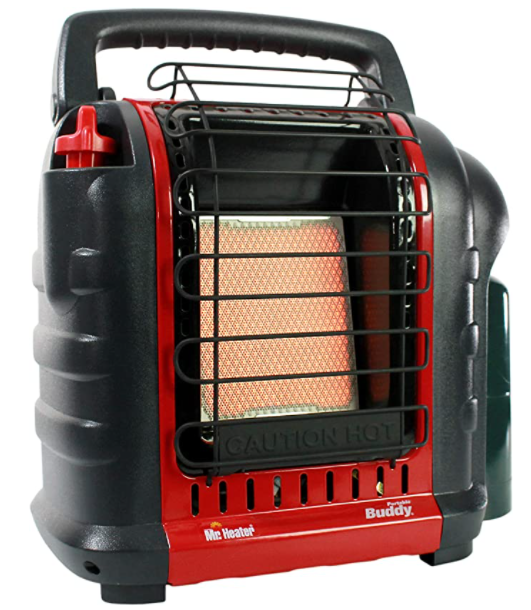 Mr. Heater Buddy Indoor-Safe Portable Propane Radiant Heater
Mr. Heater Buddy Indoor-Safe Portable Propane Radiant Heater
![]() This Liquid Propane heater connects directly to a 1 lb. cylinder and is the perfect solution for heating enclosed spaces like large tents or RVs. To light, the unit, simply rotate the knob to pilot and push, then take care of the rest with the piezo sparkler. It has flames which can be a bit scary. It is also way cheaper than the Wave heater above. It has an Oxygen Depletion Sensor (ODS) and accidental tip-over safety shut-off. You can be sure that you will enjoy years of heat out of this little thing.
This Liquid Propane heater connects directly to a 1 lb. cylinder and is the perfect solution for heating enclosed spaces like large tents or RVs. To light, the unit, simply rotate the knob to pilot and push, then take care of the rest with the piezo sparkler. It has flames which can be a bit scary. It is also way cheaper than the Wave heater above. It has an Oxygen Depletion Sensor (ODS) and accidental tip-over safety shut-off. You can be sure that you will enjoy years of heat out of this little thing.
What I like about it:
- Affordable: Cheaper than the Wave Heater, but it has some safety features.
- Safety: Offers flame-less heat, a tip-over safety shut-off, and an oxygen depletion sensor.
- Versatility: It’s great for your RV and works well in enclosed spaces like large tents or garages.
Con(s):
- Flames can be a little scary.
- The 1 lb tanks are too small, you will need to think of connecting it to larger propane sources.
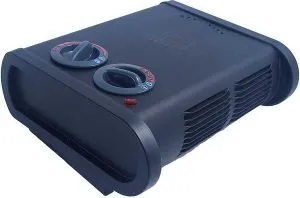 Caframo Limited True North Space Heater
Caframo Limited True North Space Heater
The Caframo Limited True North Space Heater is the perfect heater for small RV spaces. It features five heat settings, dual overheat protection, and an anti-freeze setting that kicks in at 38°F / 3°C. This electric heater is rugged and built to last, with a five-year warranty.
 What I like about it:
What I like about it:
- Good Price-to-Performance Ratio: You get a lot of heater for the money.
- Versatile: The Caframo Limited Space Heater can be used both in and outdoors, making it perfect for small RVs.
- Good Build Quality: This heater is durable and made to last. It comes with a five-year warranty.
- 5 Heat Settings: The five heat settings give you plenty of control over how warm your space feels.
- Dual Overheat Protection: The Caframo Limited Space Heater will automatically shut off if it senses an overheat condition. This gives me peace of mind knowing that the heater will automatically shut down if it gets too hot.
Con(s):
- A little bit noisy.
RV Heater Safety Tips
No matter what type of heater you’re bringing into your RV, it’s important to keep safety in mind. Make sure that your electrical system can handle a load of your new heater or furnaces before plugging them in. If you’re not sure, it’s a good idea to call your electrical system manufacturer and ask.
If you will be using either of these heaters in enclosed spaces such as garages or tents, make sure there is proper ventilation; this prevents carbon monoxide build-up inside those spaces.
Be mindful of any pets or children that may go into these spaces. Both propane and kerosene heaters can put out quite a bit of carbon monoxide.
If your heater is not working properly, unplug it, let it cool down, and fill up the tank with fresh fuel. If that does not work, you should stop using it immediately.
Last update on 2024-04-18 / Affiliate links / Images from Amazon Product Advertising API


